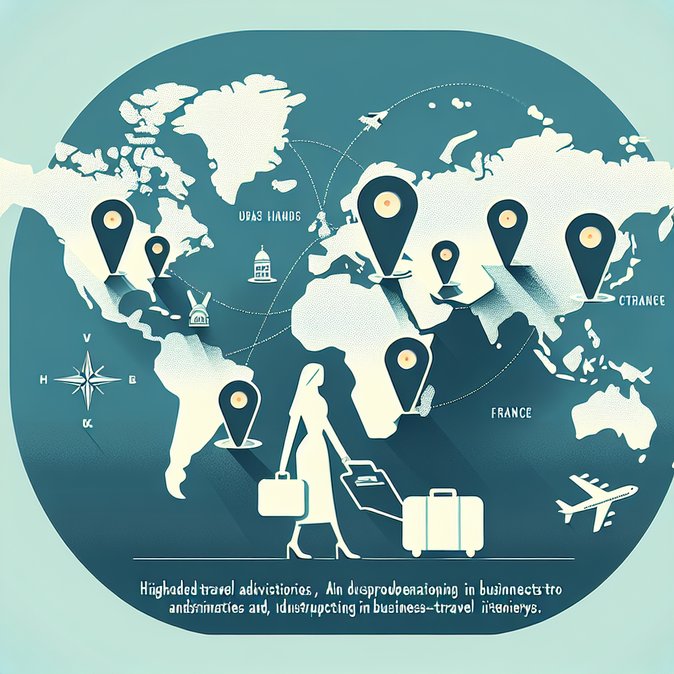
On 8 November 2025 the Department of Foreign Affairs and Trade (DFAT) updated its Smartraveller service with an unusual ‘global travel alert’ that singles out six destinations – the United Arab Emirates, Egypt, Bahrain, France, the United Kingdom and the Philippines – for heightened caution.
While DFAT frequently tweaks individual country advisories, the decision to bundle multiple markets into one notice reflects growing concern in Canberra that regional flashpoints could spill over into public-order or terrorism-related incidents affecting Australians abroad. Officials cited ‘evolving security risks linked to the Israel-Gaza conflict, large-scale demonstrations, and an uptick in online extremist chatter’ as key drivers.
![Australia issues rare multi-country travel alert amid rising geopolitical tensions]()
For corporate mobility managers the alert carries real operational weight. Australia’s major mining, energy and construction firms maintain sizeable project teams in the Gulf, while the UK and France remain top hubs for Australian outbound assignments. Employers are being urged to review duty-of-care protocols, double-check medical-evacuation coverage and remind travellers to enrol in Smartraveller so they can receive real-time SMS updates.
Travel-management companies say the advisory has already triggered a spike in itinerary changes and ‘bleisure’ trip cancellations, particularly for junior staff who lack previous high-risk travel experience. Larger corporates are dusting off dormant travel-security frameworks implemented during the pandemic and reallocating budgets to traveller-tracking technology and crisis-management training.
DFAT stressed that the alert is precautionary and that the overall advice levels for the six countries remain unchanged. Even so, the department warned that the situation is fluid and further escalation could lead to tighter restrictions – a reminder that Australian companies must maintain agile mobility strategies as geopolitical uncertainty grows.
While DFAT frequently tweaks individual country advisories, the decision to bundle multiple markets into one notice reflects growing concern in Canberra that regional flashpoints could spill over into public-order or terrorism-related incidents affecting Australians abroad. Officials cited ‘evolving security risks linked to the Israel-Gaza conflict, large-scale demonstrations, and an uptick in online extremist chatter’ as key drivers.

For corporate mobility managers the alert carries real operational weight. Australia’s major mining, energy and construction firms maintain sizeable project teams in the Gulf, while the UK and France remain top hubs for Australian outbound assignments. Employers are being urged to review duty-of-care protocols, double-check medical-evacuation coverage and remind travellers to enrol in Smartraveller so they can receive real-time SMS updates.
Travel-management companies say the advisory has already triggered a spike in itinerary changes and ‘bleisure’ trip cancellations, particularly for junior staff who lack previous high-risk travel experience. Larger corporates are dusting off dormant travel-security frameworks implemented during the pandemic and reallocating budgets to traveller-tracking technology and crisis-management training.
DFAT stressed that the alert is precautionary and that the overall advice levels for the six countries remain unchanged. Even so, the department warned that the situation is fluid and further escalation could lead to tighter restrictions – a reminder that Australian companies must maintain agile mobility strategies as geopolitical uncertainty grows.


